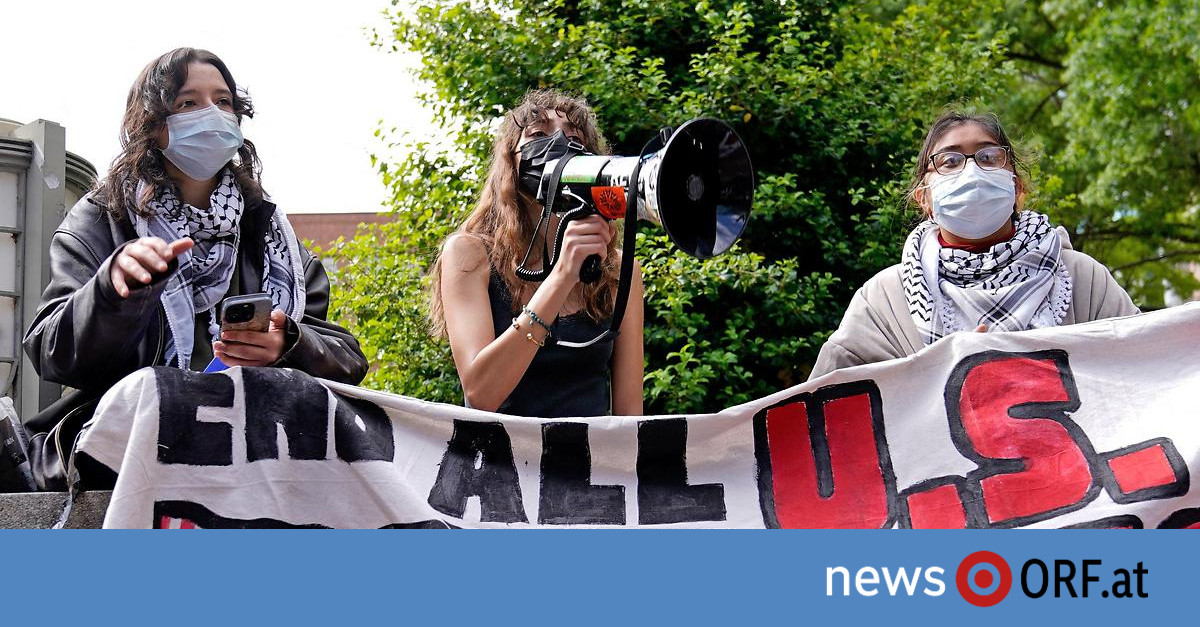Instructions
Young scientists should be better protected from short-term employment contracts and fixed-term contracts. What needs to change and why is the project controversial?
what is he talking about?
Since 2007, the Law on Temporary Contracts for Science has been regulating the issue of fixed-term employment contracts for scientific and technical employees at state universities and research institutions. It has long been criticized because, in practice, many young researchers have to move from one fixed-term employment contract to another.
According to data from the Federal Ministry of Education, in 2022, out of a total of 227,000 full-time scientific and technical employees, 178,000 were employed on a temporary basis at the country's universities.
Anyone who does not obtain a desired professorship or other permanent position within a certain period of time must find housing elsewhere. Those affected have been drawing attention to their online situation using the hashtag “IchBinHanna.”
What is the problem?
The Federal Ministry of Education believes that fixed-term contracts in themselves make sense so that young scholars can move up and there are certain fluctuations. But the proportion of short-term contracts is still high, as the ministry says in its draft law. At least one in three fixed-term contracts at universities and one in four at non-university research institutions are for just under one year.
For those affected, this means a lack of career security and an inability to plan, including regarding work-family reconciliation. Thus jobs in science are not particularly attractive in times of shortage of skilled workers.
What should change?
The reform now aims to introduce minimum contract periods. The duration of the first pre-doctoral employment contract – that is, before the doctorate – must generally be at least three years and after the doctorate in the so-called post-doctoral phase for at least two years.
In the future, the employment of postdoctoral researchers will also be permitted on a fixed-term basis for a maximum period of four years. It's been six years now. Only two additional years should then be allowed with a binding commitment to a subsequent permanent position. Within these two years, jointly defined research objectives must be achieved.
Something must also change for student employees: in the future, they will be allowed to work on a temporary basis for up to eight years (previously a maximum of six years) so that they do not have to look for a new part-time job. If the standard period of study is exceeded at the end of their studies. A minimum contract duration of one year should create more reliability. According to the ministry, the contracts have so far been valid for approximately six months on average and have been repeatedly extended.
Why is the law controversial?
A coalition of trade unions, works councils and student representatives welcomes the planned minimum contract terms, but criticizes the planned reduction of a fixed period after completion of a doctorate from six to four years. This harms scientists “who rush from contract to contract in the rush hour of life under great competitive pressure,” said a joint statement from the German Confederation of Trade Unions, ver.di and General. He works on the boards of Fraunhofer and Max Planck and is available to the German Press Agency.
They demand permanent employment after completion of the doctoral degree or a binding commitment to permanent employment if specific criteria are met. Another point of criticism is that employees in science are largely excluded from collective agreements. The Law on Temporary Contracts for Science allows deviations from its rules through collective agreements. However, options remain limited even after the repair.
“Trade unions and employers should be allowed to negotiate improvements for employees – just as in other industries,” worker representatives demand. You call it a “tariff freeze.”
What then?
Following the Cabinet decision, the law still has to pass through the Bundestag and the Bundesrat, which is likely to take several weeks. It does not require the approval of the Federal Council. The dates for deliberations in Parliament and the State Council have not yet been set.
The law should not enter into force until six months after its approval and announcement in the Official Gazette of Federal Laws, so that universities can adapt to it. It is said that existing contracts will also not be affected by the new regulations.

“Total coffee aficionado. Travel buff. Music ninja. Bacon nerd. Beeraholic.”







More Stories
Reducing silent inflammation in the body with food
How did life begin on Earth? Munich researchers find important clues
How did life begin on Earth? Munich researchers find important clues